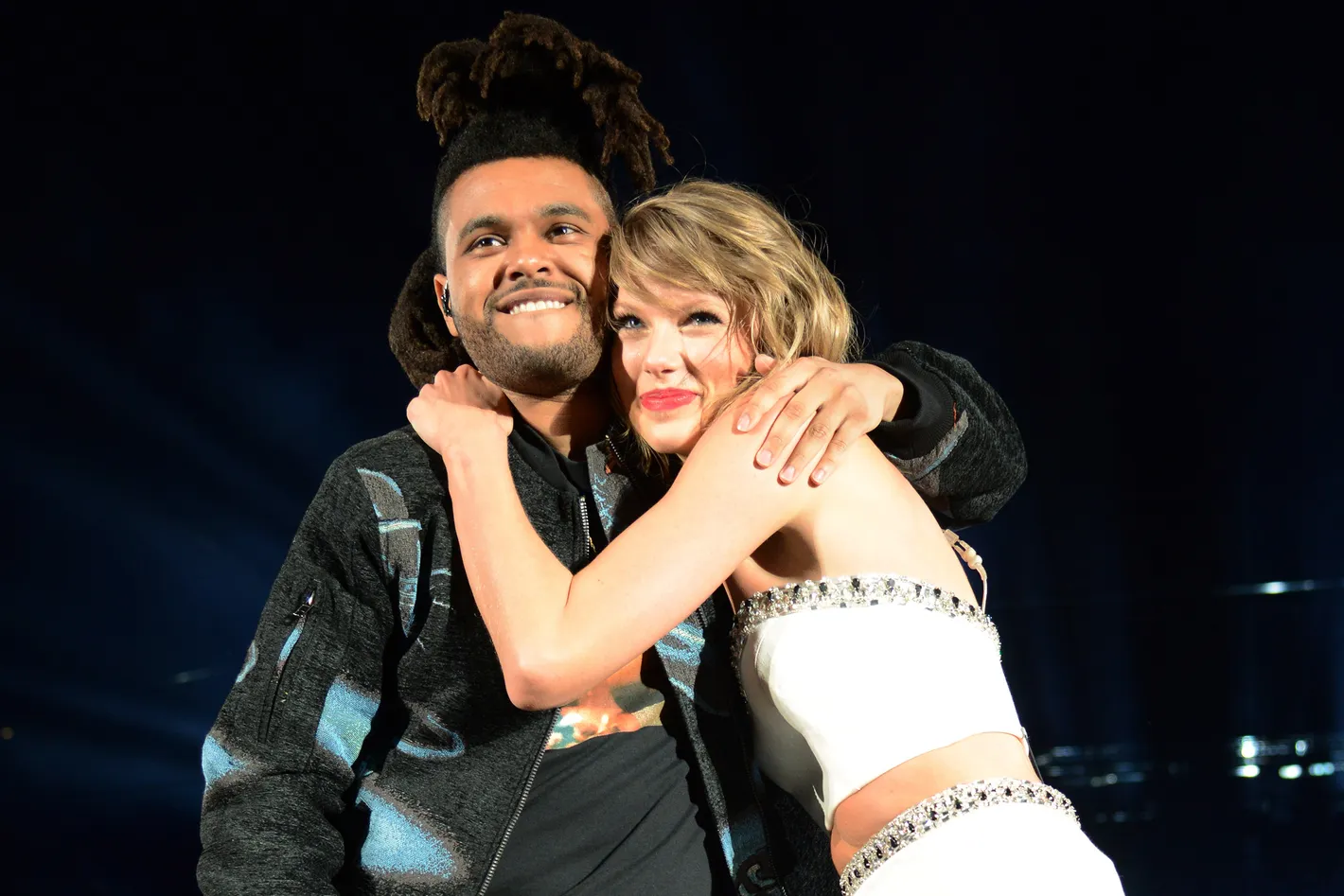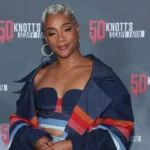- Judith Akatugba
- 0 Comments
- 695 Views
After a disagreement with their record label, TikTok has pulled music from videos featuring performers like Olivia Rodrigo, Taylor Swift, and The Weeknd (UMG).
The label and TikTok were unable to renew their licensing arrangement when it expired on Wednesday.
The Universal Music Group (UMG) said that TikTok was requesting a “fraction” of the fee that other social media platforms pay to use its songs.
Read Also: The Key to Building Resilience During Adversity
A “false narrative and rhetoric” was allegedly presented by UMG, according to TikTok.
Every video using a UMG track will be muted and future videos with those songs will not be allowed to be made.
Katy Perry and Ariana Grande are among the musicians whose web pages no longer feature the majority of their music—with the exception of a handful of tracks released by other companies.
Another UMG artist, Billie Eilish, has had all but one of her songs removed.
The Warner Music Group soundtrack for the Barbie film included her song “What Was I Made For?”.
Another inaccessible song is “Murder on the Dancefloor” by Sophie Ellis-Bextor, which went viral after making an appearance in the film Saltburn.
Tracks can still be used in unofficial, accelerated or slowed-down versions.
‘Two colliding planets’
Stick Season, Noah Kahan’s number one single, was originally a TikTok video. He recently released a music video apologizing for his inability to promote his new single on the app.
“I can’t stick it down your throats any more on this app,” he commented.
“I should be alright, won’t I? I’ll be able to land safely, won’t I?”
As one of his songs was becoming popular in China, UMG artist Cody Fry expressed in a TikTok video how he felt “like a person standing between two colliding planets” due to the reports of the licensing agreement’s expiration.
The 33-year-old artist revealed to the BBC that he was completely unaware of TikTok when his song “I Hear A Symphony” became popular in 2021, long after its first release.
He continued by saying that he felt TikTok needed to “value music more than it does currently” and that he hoped the two titans could have worked out their issues without “leaving it to the expense of artists on the ground.”
“I don’t know much about the mechanics of these massive corporate negotiations,” according to him, “but I’d be remiss if I didn’t express the frustration about how this was handled on behalf of myself, and I think Universal’s artists, because to find out something like this on the news, it’s pretty tough.”
Major disagreement
Streaming and social media platforms provide royalties for musicians and record labels.
They play in the background of videos posted to TikTok.
However, a big and well publicized controversy arose in this instance based of long-standing concerns about the platforms’ low payment rates.
There was a deadline of January 31st, but UMG and TikTok were unable to reach an agreement on a new partnership in time.
“Ultimately TikTok is trying to build a music-based business, without paying fair value for the music,” Universal stated in an open letter released on 30 January.
Universal made it clear that it was worried about the fair pay of artists that had their music sampled by AI to sound like actual musicians (like the viral Drake and The Weeknd cover).
“Content creators already compete on social media platforms with diluted or non-existent royalty pools,” stated Franklin Graves, an attorney and author of a newsletter focused on legal developments in the creator economy.
“By throwing an additional licensing payment for AI-generated music into the mix, it could potentially decrease any ad revenue share left after TikTok’s cut and rights holders are paid,” according to him.
According to Universal, TikTok’s content moderation was inadequate in handling “the tidal wave of hate speech, bigotry, bullying and harassment on the platform.” As for Universal, they found other flaws as well.
TikTok said: “It is sad and disappointing that Universal Music Group has put their own greed above the interests of their artists and songwriters.”The truth remains, despite Universal’s bluster and false narratives, that they have decided to withdraw their support from a platform that has over a billion users and provides a free forum for promoting and discovering their talent,” it continued.
In July 2023, Warner Music, a competitor of Universal, reached a licensing agreement with TikTok.











